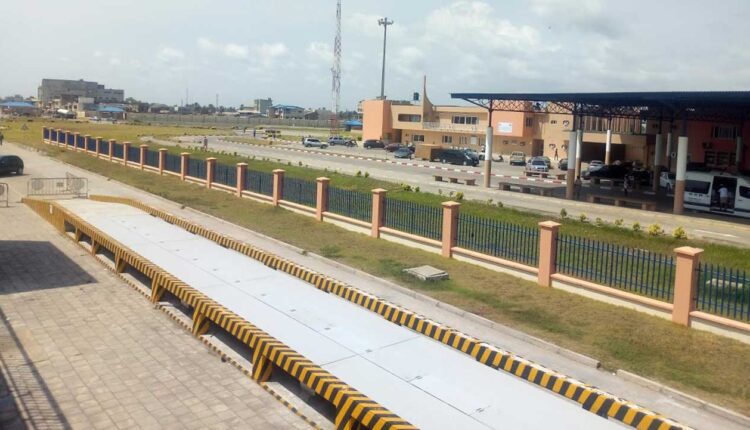Federal Government may open Seme border for vehicles importation
The Federal Government has received a letter from goods forwarders operating at the Seme Border demanding that the border be opened for the importation of vehicles.
At a meeting between representatives of Nigeria and Benin organised by the Economic Community of West African States in Seme, the Director of Road Transport for the Federal Ministry of Transportation, Ibrahim Musa, revealed this.
He clarified that during the former Minister of State for Transportation’s most recent trip to the border, goods forwarders made a request for the border to be reactivated.
According to him, the Federal Executive Council gave its approval to a memo that was written and sent to the federal government in response to the request.
The FEC had promised, according to the director, to leave the decision to reopen the border up to the new administration.
He said, “I was here with the former Minister of State for Transportation and the goods forwarders pleaded that the border be reactivated for free movement of goods and services. We were required to draught a memo to that effect by the minister. It was taken into consideration and forwarded to the government.
Dera Nnadi, the Customs Area Controller in charge of Seme Command, also spoke at the event. He claimed that since the importation of vehicles was prohibited from land borders, the service had seen a decline in its revenue.
In response to some of our requests and requests from stakeholders, he said, “The Honourable Minister of Transportation, the immediately preceding one, promised to take them to the Federal Executive Council; one of them is how to fully open this border.”
Additionally, Nnadi claimed that customs had removed illegal checkpoints from the border corridors, and that the Nigerian Police Force’s Border Control division had committed to doing the same.
He urged the Federal Government to finish building the highway connecting Lagos to the Seme Border, arguing that doing so would increase trade and investment along the Abidjan-Lagos corridor.
The head of Seme Customs argued that the corridor is crucial for the expansion of trade, investment, cultural diversity, and peace in West Africa and throughout Africa.
The Abidjan-Lagos Corridor is a crucial trade route between West African nations, serving as a crossroads where our people can meet and exchange ideas about culture and religion, according to Comptroller Nnadi, who also serves as co-chair of the Joint Border Post. It is a crucial location where we keep our relationships and our peace with ourselves. The corridor must be maintained. We value ECOWAS’s contribution to the expansion of trade in the corridor. While appreciating the Federal Ministry of Transportation for their ongoing work on the road’s rehabilitation, if the project is successful, trade will increase.

